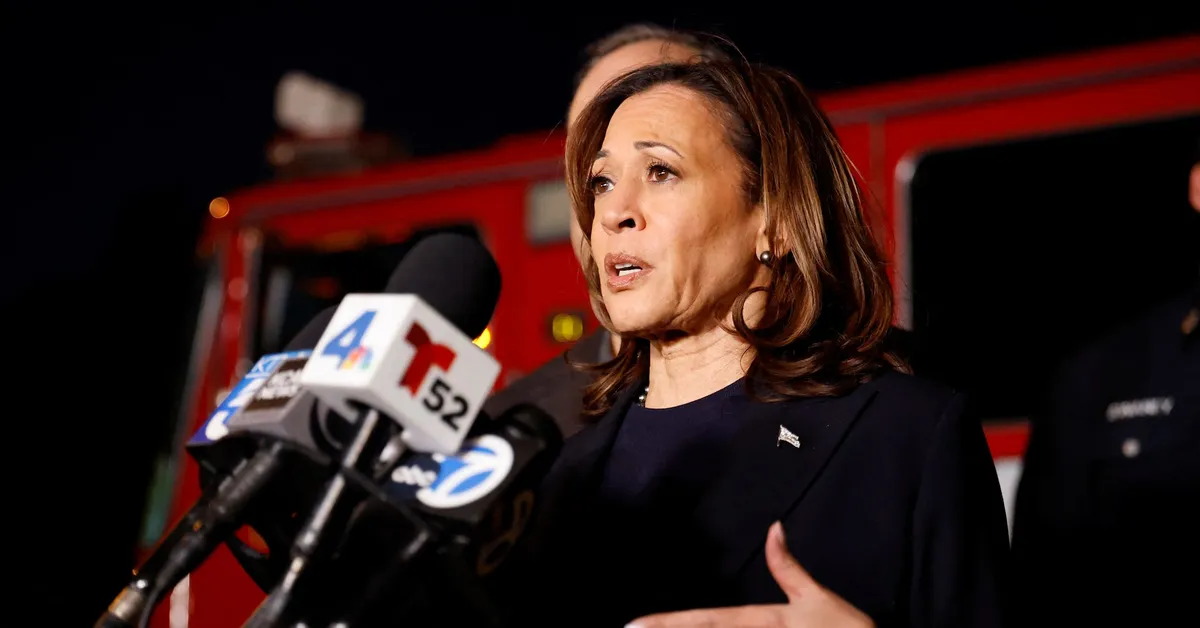
On August 29, 2023, a senior White House official confirmed that U.S. President Donald Trump has made the controversial decision to cancel Secret Service protection for former Vice President and current 2024 Democratic rival, Kamala Harris. Typically, former vice presidents receive six months of protective services after leaving office, but Harris had her protection extended to one year by then-President Joe Biden before he left office in January.
The official announcement revealed that the termination of Harris' additional security is set to take effect on September 1, 2023. This decision comes as Harris prepares to embark on a 15-city book tour for her memoir titled 107 Days, which recounts her brief stint as the Democratic nominee for president. She held this position for 107 days after Biden withdrew from the race following a series of poor debate performances against Trump. Ultimately, Trump emerged victorious in the November election.
Kirsten Allen, a senior adviser to Harris, responded to the cancellation by expressing gratitude towards the United States Secret Service, highlighting their "professionalism, dedication, and unwavering commitment to safety." This statement underscores the importance of security for public officials, especially as Harris prepares for her book tour.
The move has drawn criticism from various political figures, including U.S. Senator Adam Schiff, a California Democrat and a frequent critic of Trump. Schiff described the decision as "another dangerous reminder that there’s no agenda more important to Donald Trump than retribution." This highlights the ongoing political tensions and the implications of security decisions on public figures.
This is not the first time Trump has revoked security for individuals who have criticized him. Earlier in March, he ended federal protection for Biden's children, Hunter Biden and Ashley Biden, along with former national security adviser John Bolton. These actions have raised concerns regarding the motivations behind such decisions and their potential impact on political discourse in the country.
As the situation develops, it remains crucial to monitor how these security policy changes will affect public figures and their safety, particularly in an increasingly polarized political environment.